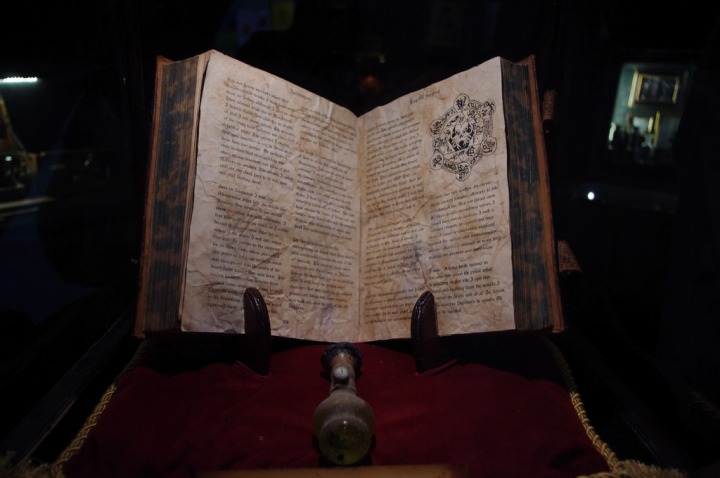Camino Island by John Grisham is a book about a group of thieves who steal the 5 original F. Scott Fitzgerald manuscripts. It has a grand heist, intrigue, and a eclectic cast of literary characters which allured me as someone who loves the aesthetic ideal of writer communities.
It also has a pretty awful romance and a conclusion that led me to believe that Grisham had a very different idea of where his book was going than what his readers were led to believe. I kept waiting for something to happen, scanning the page number over and over again and asking myself, “How does this man intend to wrap up all of these plot lines in just 40 pages?” The answer is: Badly
A reviewer by the name of Tom Tabasco on Goodreads posted this about Camino Island:
“The truth is, the book goes from very fast and very gripping to very slow and very girly far too quickly. It’s like reading two different books intertwined, and I couldn’t care less about the second one.”
Tabasco highlights the two intersecting plots in the book: The heist and the intrigue of where the manuscripts are and what the thieves are doing AND the insurance companies attempts to reclaim the manuscripts, told through the eyes of Mercer Mann.
Both plots had great promise. The first chapter kicks off with a literal bang and had me gripped from the beginning. Then the book gets into the history of Bruce Cable, a bookstore owner on Camino Island and the primary suspect who has drawn the gaze of the insurance company. The rest of the novel takes place on the island, which is populated by a number of diverse writers.
Unlike Tabasco, I didn’t mind the slowdown. I rather liked getting to know Mercer, although there were times where I think she came across as a little…unbelievable. I wish that Grisham had done more with the character, or at least condensed the plot so that she herself mattered less. Instead, I was invested in Mercer and left high and dry as to her ultimate role in the novel.
Overall, I really liked the idea of the novel. This is the first Grisham novel that I have read in years and I forgot how much I liked his to-the-point writing style. It kept me engaged, made me laugh, and ultimately my dissatisfaction with the novel derived from the fact that I think the ending did not do the buildup justice.
However, you can decide that for yourself.
3.5/5 -A fun read











